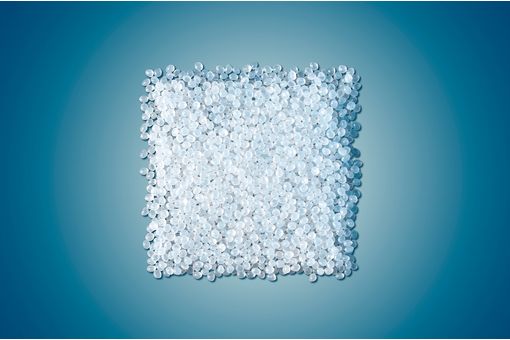Fitch revises outlook for Indian synthetic textiles
Fitch expects a prolonged demand slowdown to subdue capacity utilisation levels and revenue growth prospects of the domestic textile companies. Softening cotton and cotton yarn prices have helped margins recover to some extent, but have not translated into a full-scale demand revival. Benefits from rupee depreciation on exports will be limited by the existing hedge positions of, or by price renegotiations and discount demands from, overseas buyers.
Cost increases in crude oil-based raw materials due to a weak rupee, along with lower cotton prices and sluggish demand, have reduced the substitution demand for synthetic fibres and textiles. Also, an oversupply of domestic partially oriented yarn should lead to pressure on the selling prices and therefore margins of synthetic textile companies.
The sub-investment-grade ratings of 80% of Fitch-rated Indian textile companies have already factored in some of the risks along with weak credit quality as indicated by the near-full utilisation of working-capital limits and negative operating cash flows; this cushion contributes to the high level (87%, 60 ratings) of Stable Outlooks. During February-July 2012, 12 textile ratings were affirmed, two were upgraded, two downgraded, and one placed on Rating Watch Negative.
The proportion of Negative rating Outlooks in Fitch's portfolio is 13%, in view of margin risks due to volatile input costs and a likely worsening of financial leverage due to ongoing capex plans.
Cotton prices are again on a rising trend, reversing the moderate (5%-10%) decline in prices seen during January 2012 to May 2012. Fitch expects cotton prices to increase further in the September 2012-March 2013 cotton season - led by a fall in acreage and delayed monsoons, which in turn will put pressure on the margins of textile companies. Prices of power and fuel are edging higher and interest costs continue to be high, although exporters enjoy a breather of 2% interest subsidy.
Export demand continues to be weak despite lower end-product prices, as the economic slowdown persists in Europe and the US. However, Indian exporters are diversifying into other markets such as Africa, Australia and Latin America to offset this impact. Domestic demand for apparel is likely to show a seasonal recovery ahead of the upcoming festive season (November-December 2012) but overall spending will be cautious - due to weak consumer sentiment.
The Reserve Bank of India (RBI) has approved restructuring for stressed textile companies, including a two-year moratorium on term loans and conversion of working-capital loans into term loans of up to five years. RBI has also approved special provisions in non-performing asset norms to avoid asset reclassification while restructuring loans. Fitch will assess whether such restructuring should be treated as distressed, and will take an appropriate rating action.
































-Ltd..jpg?tr=w-120,h-60,c-at_max,cm-pad_resize,bg-ffffff)





.jpg?tr=w-120,h-60,c-at_max,cm-pad_resize,bg-ffffff)
.jpg?tr=w-120,h-60,c-at_max,cm-pad_resize,bg-ffffff)






